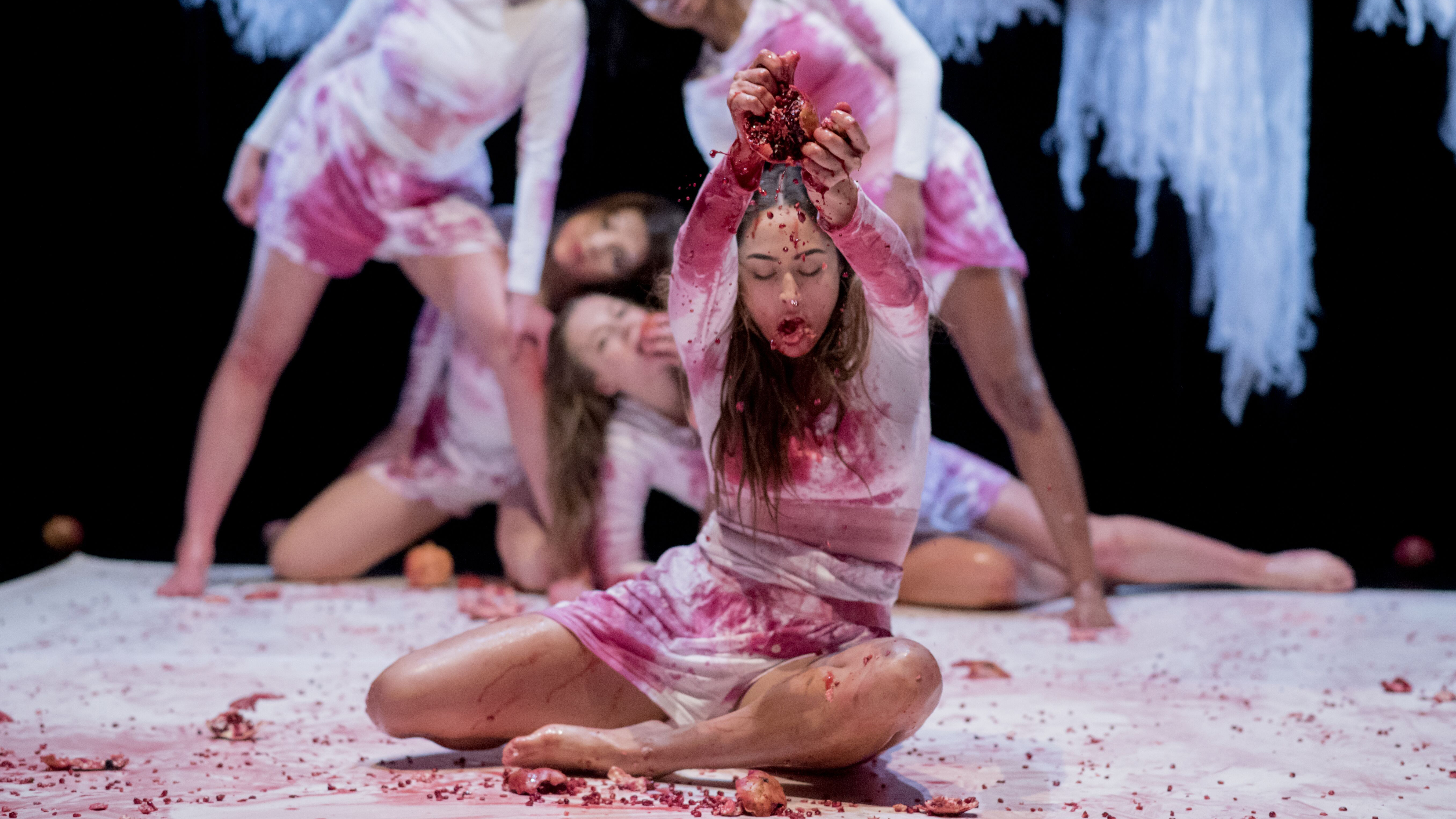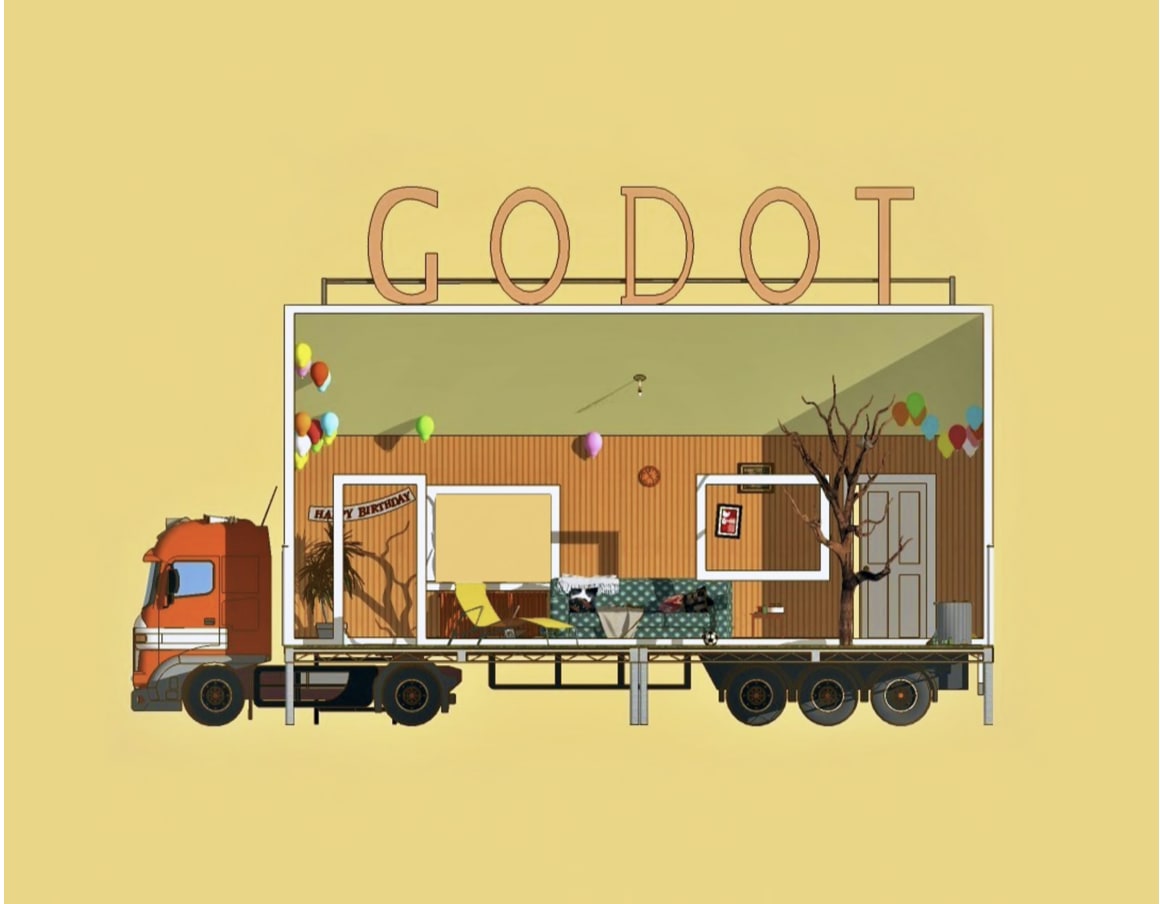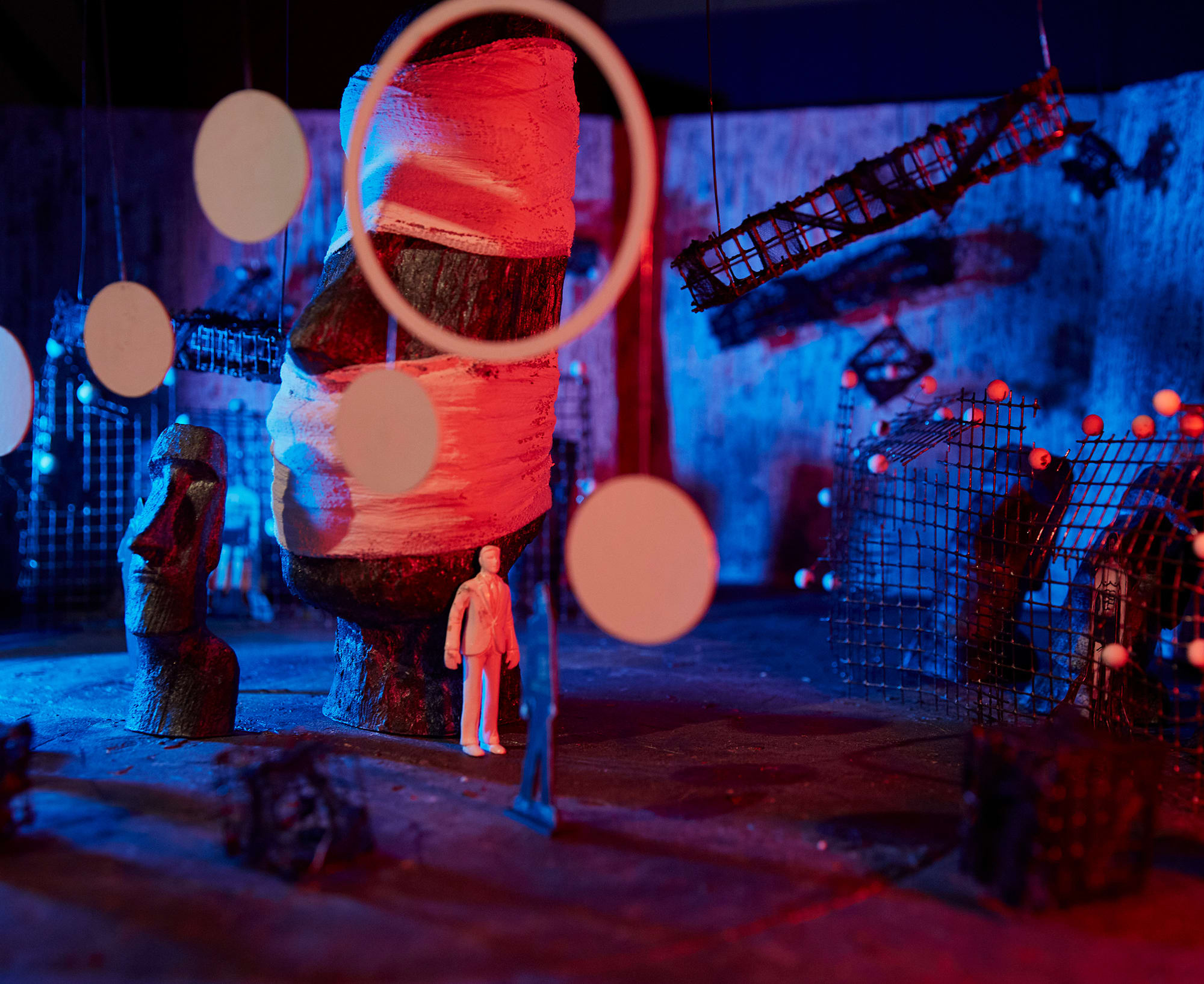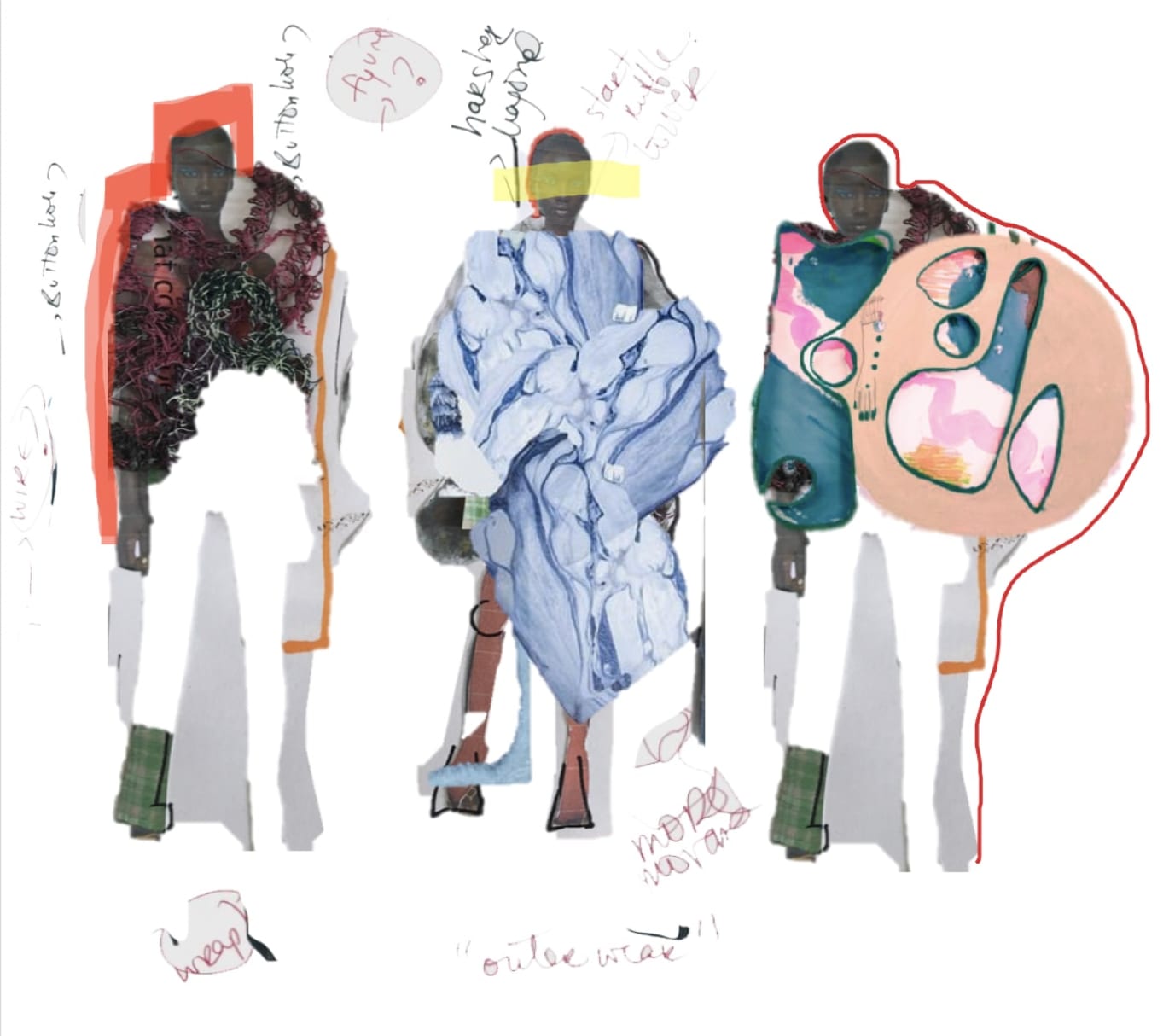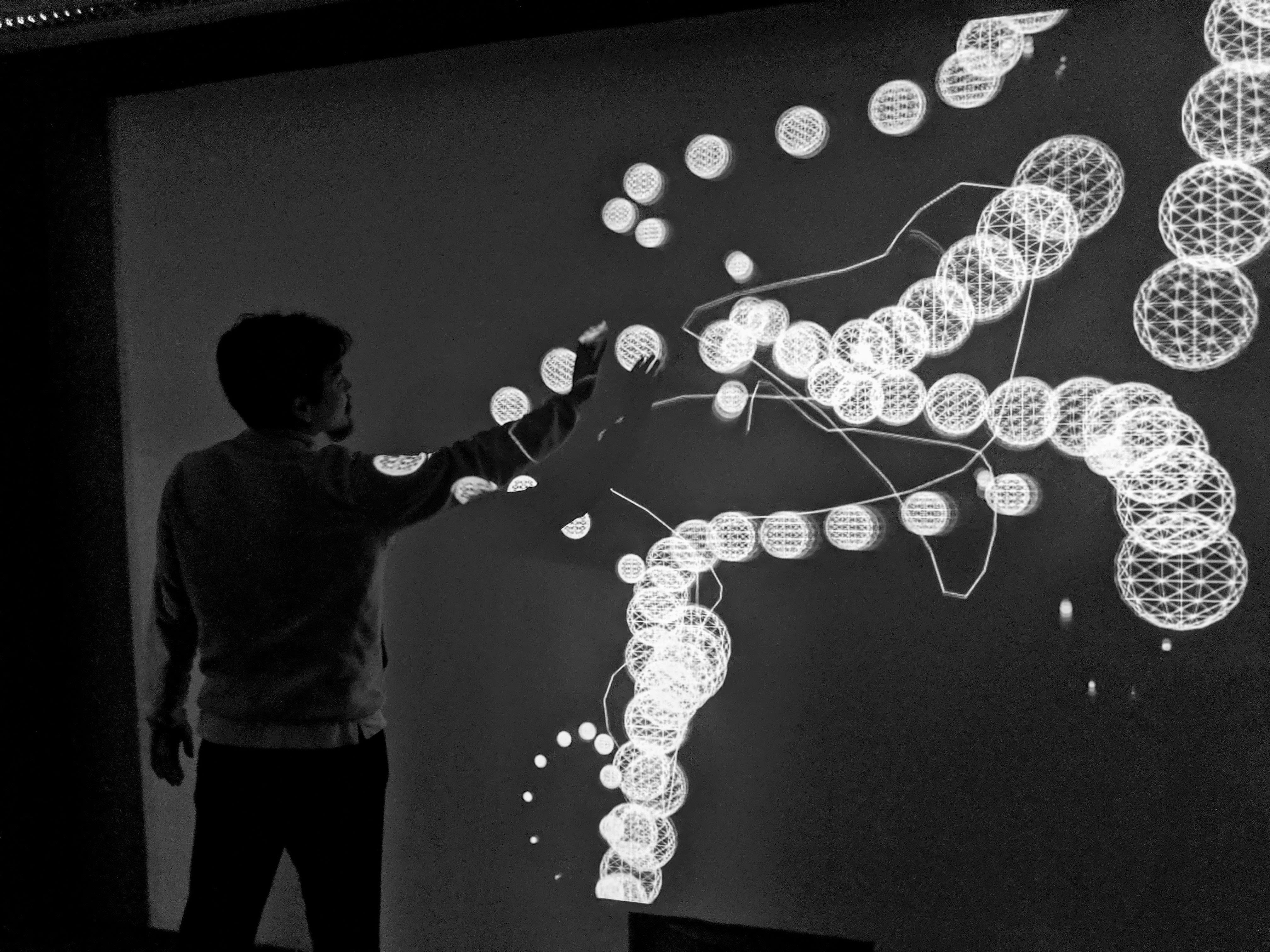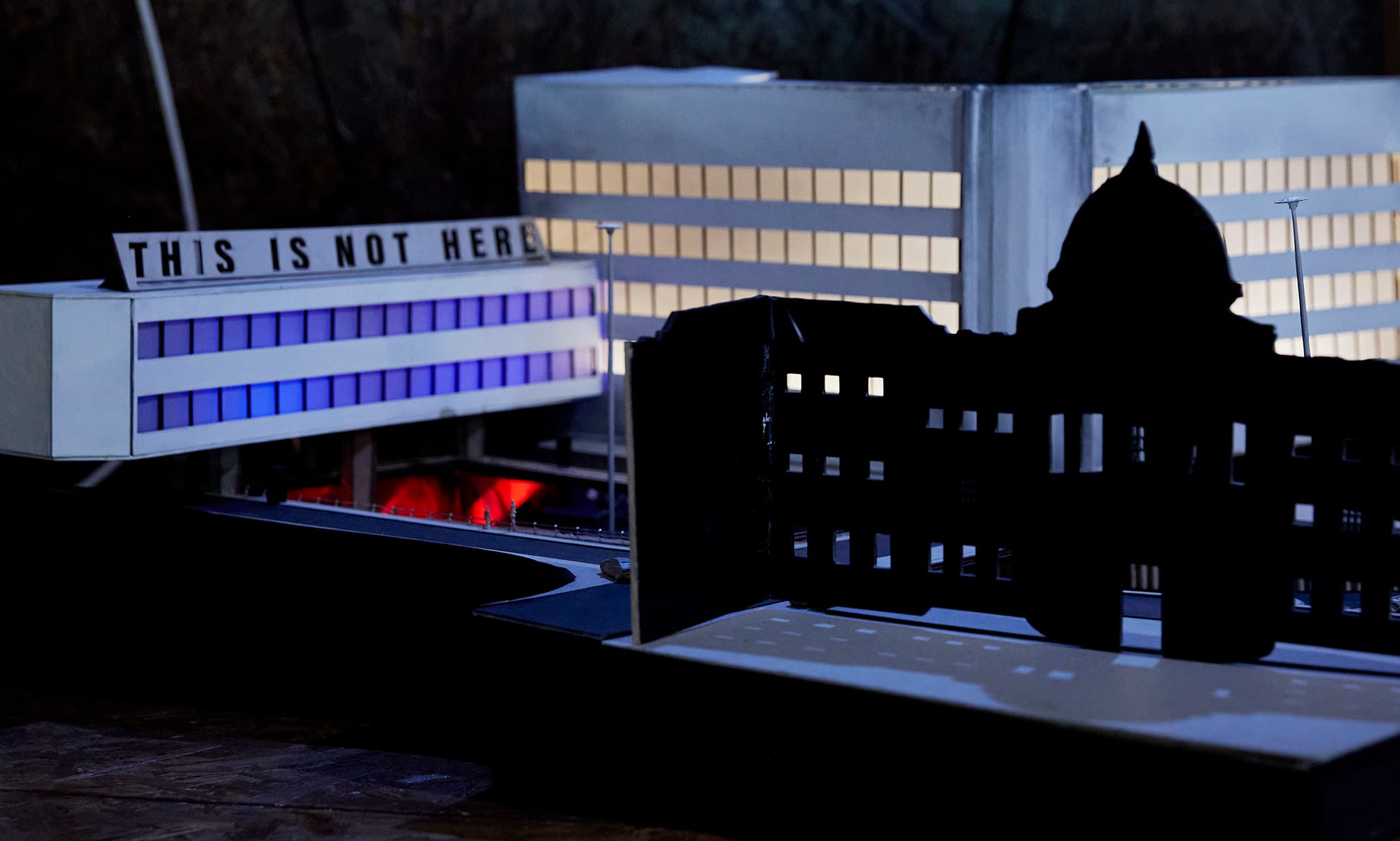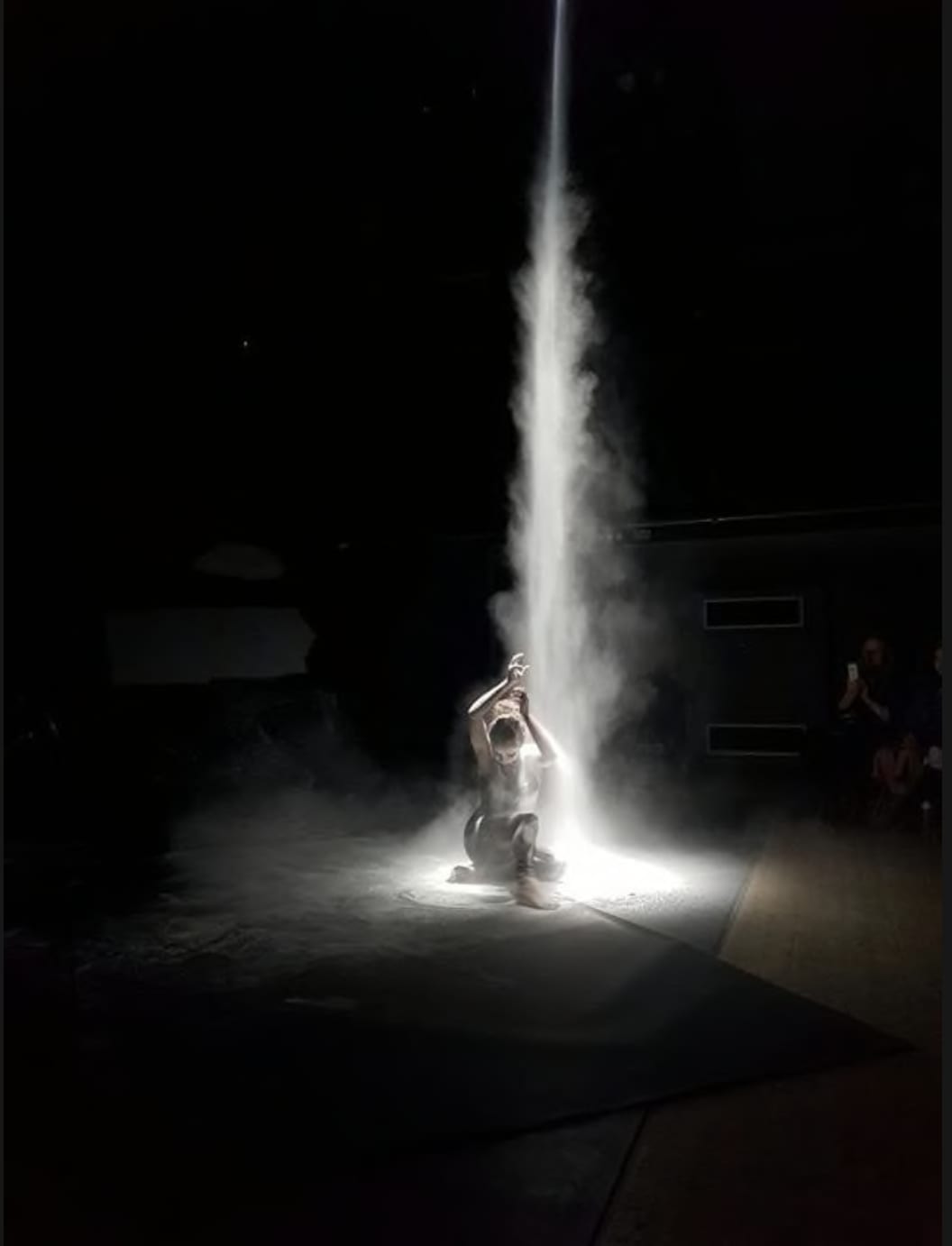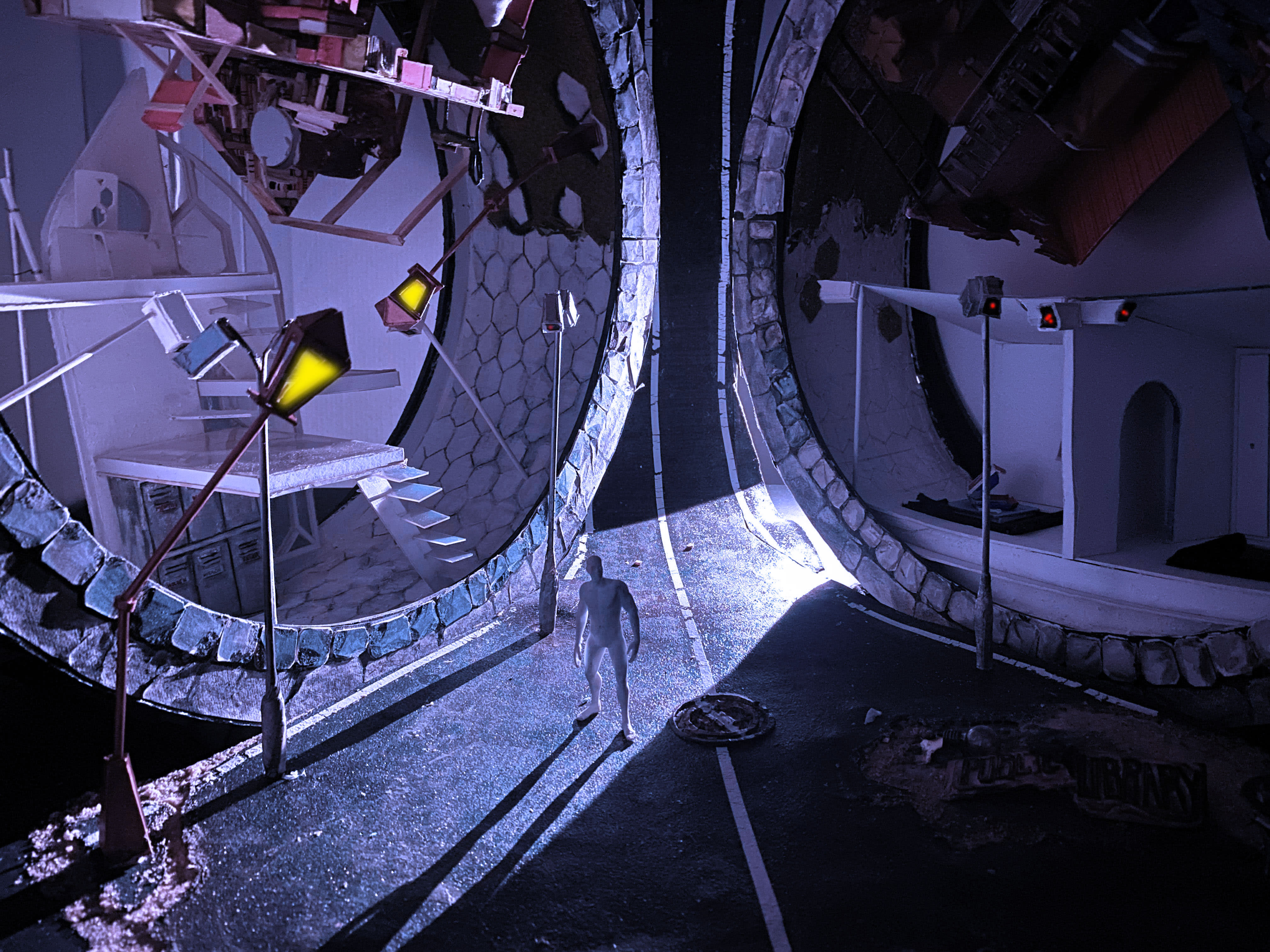Course units
Year 1
Unit 1: Introduction to Theatre Design
This unit is an introduction to your course, the College and the University.
Unit 2: Designing and making
Unit 2 will introduce you to the creative skills that are essential to working within the world of contemporary theatre design. The unit focus will be on costume design and making. Projects will give you the working methods and processes that you will build on during the course. You will use model-making, basic surveying, 3D modelling techniques and technical drawing to aid analysis and representation of spatial forms and colour.
Unit 3: Exploring ideas
In unit 3 you will create set and costume designs for a set text using a small London theatre as the venue. Students You will focus on the course key social, environmental and cultural themes of including sustainability, decolonisation and making and materiality .
Unit 4: Who are you? Establishing practice
In this unit, a range of digital processes used in the theatre design and live performance industry will be demonstrated. You will work on short projects in relation to these.
Year 2
Unit 5: Practice as laboratory
Unit 5 will enable you to investigate the breadth of contemporary theatre and performance design practice. Areas covered will include, but are not limited to, site-responsive theatre, immersive performance and other aspects of design for performance.
Unit 6: Collaborative and collective practices
You will be introduced to different ways in which collaborative working can help you to focus and enhance your own creative strengths. You’ll have the chance to work with fellow students and creative communities.
Unit 7: Where in the world? 1
Unit 7 will be mainly self-directed with support from academic tutors, theatre directors and performers. You will make a realised performance in response to themes from set contemporary and historical texts.
Unit 8: Where in the world? 2
The main component of this unit will be in the form of a complete speculative design proposal for the same text that was used in unit 7. Your proposal will include storyboards, set, costume, lighting and sound design. During this unit you can also undertake a work placement.
Year 3
Unit 9: Finding your voice: portfolio design, crafting research skills, career planning
The work generated for your final year project will be self-directed and involve extended pieces of work. You’ll be encouraged to consider how themes of social, racial and climate justice relate to your project. The unit has 3 parts: a visual and reflective project known as the research portfolio; a dissertation which can be written, filmed or presented; and the development of a personal profile for potential employment.
Unit 10: Show your work: independent practice
This final unit enables you to bring together all the ideas and learning from the course. You’ll continue to work on your self-directed project and prepare your portfolio to enter the theatre design profession. You’ll also have a series of talks on working in the theatre industry to help support your employment choices and decisions.
Optional Diploma between Years 2 and 3
Between Years 2 and 3 of the course, you’ll also have the opportunity to undertake one of the following additional UAL qualifications.
Diploma in Professional Studies (DPS)
This optional diploma can be taken between years 2 and 3. With support from your tutors, you’ll undertake an industry placement for a minimum of 100 days/20 weeks. As well as developing industry skills, you’ll gain an additional qualification upon successful completion.
Diploma in Creative Computing
Between years 2 and 3, you can undertake the year-long Diploma in Creative Computing. This will develop your skills in creative computing alongside your degree. After successfully completing the diploma and your undergraduate course, you’ll graduate with an enhanced degree: BA (Hons) Theatre Design (with Creative Computing).
